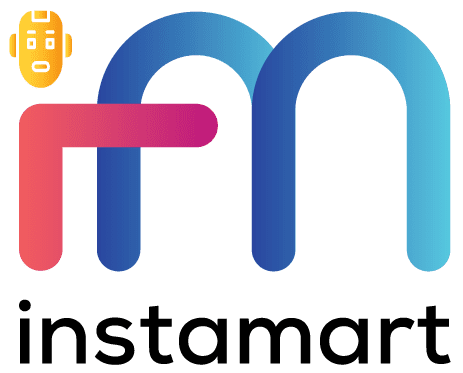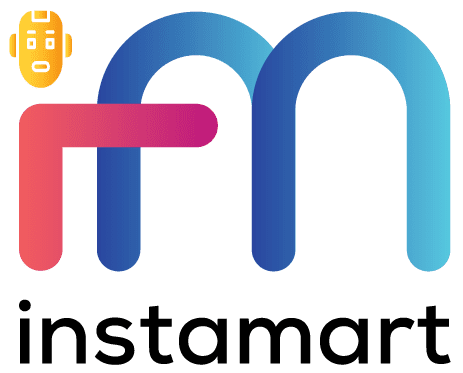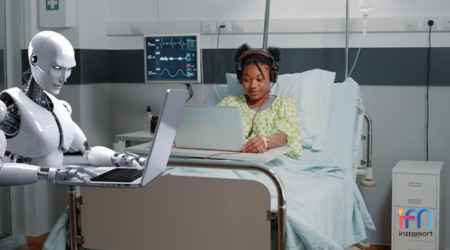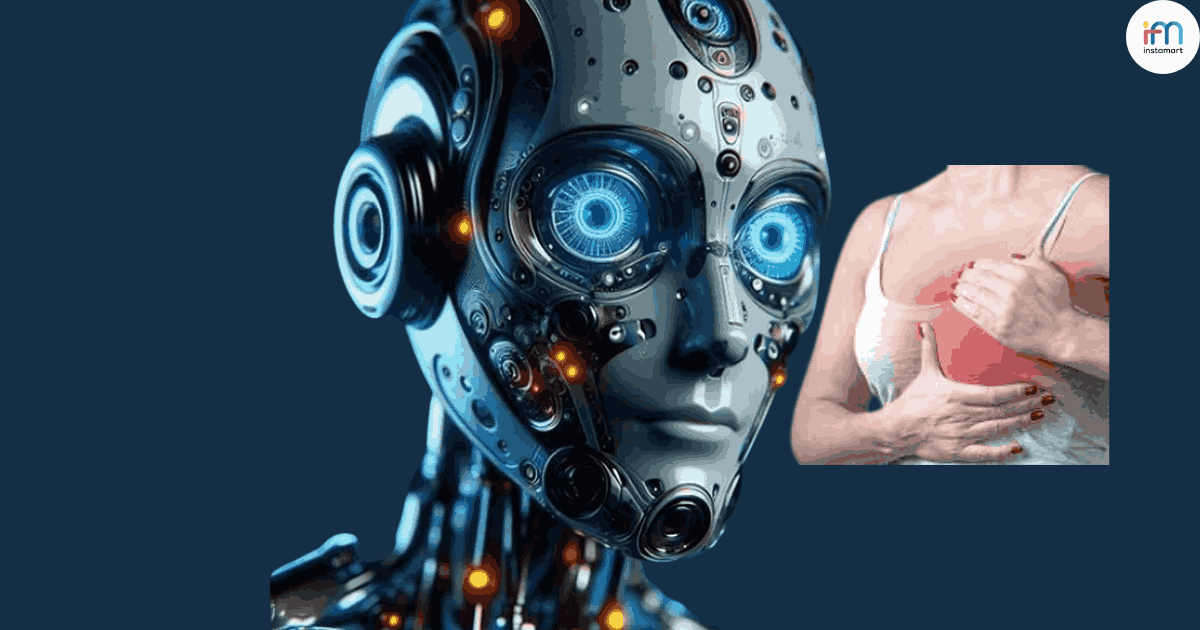Maternal health is a cornerstone of global public health, reflecting the well-being of women during pregnancy, childbirth, and the postpartum period. AI’s capabilities in data analysis, predictive modeling, and personalized care, the healthcare sector is poised to make significant strides in improving outcomes for both mothers and newborns. This technology holds immense promise for revolutionizing maternal health. Despite significant advancements in medical science, maternal mortality and morbidity rates remain a concern in many parts of the world.
Soula: AI-Powered Virtual Assistant For Maternal Mental Health
The Canadian-based coaching and training institution, Erickson Coaching International, in partnership with Soula, an AI-powered health virtual assistant, that aims at providing support for pregnant women and new mothers. The Soula app is available in the Apple App Store and Google Play, and it aims to improve the emotional well-being of mothers as well as their partners.
Pregnancy comes with a high level of stress that can impact the development of the unborn child’s brain, leading to psychiatric and cardiovascular illnesses later in life. Soula works to reduce maternal stress during pregnancy by providing coaching techniques and doula expertise.
This virtual assistant help expectant mothers prepare for birth and parenthood, reduce postpartum depression, and cope with fears and anxieties. By combining coaching expertise, doula knowledge, and Generative AI, Erickson Coaching International have a vision to raise awareness and de-stigmatize maternal mental health issues.
AI-Powered Risk Assessment
One of the critical aspects of maternal health is identifying and managing risk factors associated with pregnancy. Artificial intelligence has shown remarkable potential in predicting complications by analyzing vast amounts of data. Machine learning algorithms can sift through medical records, genetic information, lifestyle factors, and demographic data to identify patterns that might not be apparent to human clinicians. This early risk assessment enables healthcare providers to intervene proactively, potentially preventing life-threatening complications.
For instance, artificial intelligence algorithms can identify indicators of pre-eclampsia, a condition characterized by high blood pressure and organ damage, well before symptoms manifest. By analyzing a pregnant woman’s medical history, vitals, and other relevant data, artificial intelligence can predict the likelihood of developing pre-eclampsia, allowing doctors to closely monitor high-risk pregnancies and provide timely interventions.
Personalized Care and Treatment
Every pregnancy is unique, and tailoring healthcare plans to individual needs is paramount. Artificial intelligence excels in offering personalized care by analyzing patient data to create precise treatment regimens. For pregnant women, this means customized nutrition plans, exercise recommendations, and medical interventions.
Artificial intelligence-powered wearable devices can continuously monitor vital signs and collect real-time data, such as heart rate, blood pressure, and glucose levels. By analyzing this information, artificial intelligence algorithms can provide immediate feedback to both patients and healthcare providers, ensuring that any deviations from the norm are addressed promptly. This level of personalized care empowers expectant mothers to actively participate in their own health management, fostering a sense of control and well-being.
Telemedicine and Remote Monitoring
In regions with limited access to healthcare facilities, artificial intelligence-driven tele-medicine and remote monitoring can bridge the gap, bringing expert care to expectant mothers wherever they are. Through smartphone apps and wearable devices, pregnant women can receive medical advice, monitor their health parameters, and even conduct virtual consultations with healthcare professionals.
This approach not only improves access to care but also reduces the burden on overcrowded healthcare facilities. Remote monitoring can lead to early detection of complications, enabling timely interventions and reducing the need for emergency hospitalizations. Additionally, it allows healthcare providers to track the progress of high-risk pregnancies more closely, ensuring that any concerns are addressed promptly.
Ethical Considerations and Challenges
While artificial intelligence holds immense potential in transforming maternal healthcare, several ethical considerations and challenges must be addressed. Data privacy, consent, and the potential for algorithmic bias are critical concerns. Ensuring that artificial intelligence algorithms are trained on diverse and representative datasets is essential to avoid exacerbating healthcare disparities.
Furthermore, integrating artificial intelligence into maternal health requires significant investment in infrastructure, training, and regulatory frameworks. Healthcare professionals need to be adequately trained to understand artificial intelligence outputs and make informed decisions based on them. Regulatory bodies must establish guidelines for AI-driven medical interventions to ensure patient safety and quality of care.
Artificial intelligence is poised to revolutionize maternal health by improving risk assessment, offering personalized care, enhancing diagnostic accuracy, and expanding access to healthcare through tele-medicine. As this technology continues to evolve, collaborations between healthcare professionals, artificial intelligence experts, and policymakers will be crucial to address challenges and ensure that AI-powered solutions are both effective and ethically sound. By harnessing the power of artificial intelligence, we have the potential to significantly reduce maternal mortality and morbidity rates, ensuring safer pregnancies and healthier outcomes for mothers and newborns around the world.
Read also AI news and blogs here







